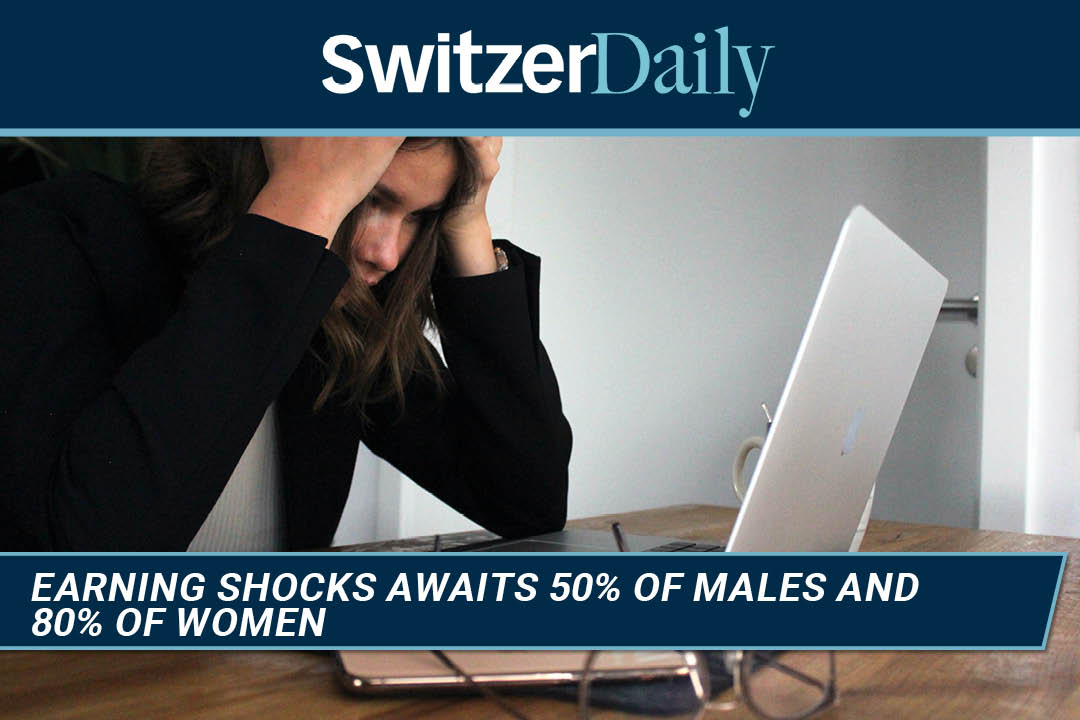

This is anti-poverty week and The Australian today tells us that six in 10 male workers will lose their jobs and more than 40% of their income won’t return to that level within five years. For women, one in five will restore their pre-job loss income within five years but 80% will suffer income problems a lot longer.
This information was compiled by the Melbourne Institute using ATO tax data and delivered on the International Day for the Eradication of Poverty.
The research made the important point that higher income males are less likely to cop an earnings shock, but when they do, it’s more likely that it will take longer for them to get back to their previous high-income position.
For women across all income brackets, it will take longer to get back to their pre-earnings shock levels.
The Melbourne Institute’s director and co-author of the report, Professor Abigail Payne, implied that the research says a lot to policymakers about other impacts of economic measures to achieve outcomes such as lower inflation via higher unemployment.
However, this is a more relevant message to a changing workforce that’s more demanding for a better work-life balance, wanting to work from home, having more time with their family and wanting to pursue activities in their life other than work.
These are all noble desires and more achievable when interest rates and unemployment are low, but the Reserve Bank’s interest rate policy is changing all that. Of course, it isn’t the only cause, as it was either some crazy bats and snakes in China or some lab megalomaniacs in that country, who created an inconvenient pandemic that inspired government-led lockdowns that have changed the employment world.
The question is: is this change forever?
My best guess is that the impact of interest rate changes on how high unemployment goes will answer a lot of this question, but I’m sure the attitude of new age workers is that they’ll keep demanding a better work-life balance. Also, the more valuable the worker, the more demanding they’ll be. However, they do have a number of threats that could put them in a position of the high-income workers who’ll remain on lower income levels for over five years, as the report shows.
What are those threats? Try these:
What this report tells employees is really the same as Bob Dylan once sang in The Times They are A-Changing. I recall these words: Please get out of the new one, If you can't lend your hand, for the times they are a-changin'.
Of course, Dylan’s warning was to parents about their sons and daughter, who he argued were beyond their command! But if unemployment rises in coming years, the new age employee, who faces the looming threats to jobs in the economy, might have to have a change of attitude or suffer a big loss of income and a long time out of well-paid work.